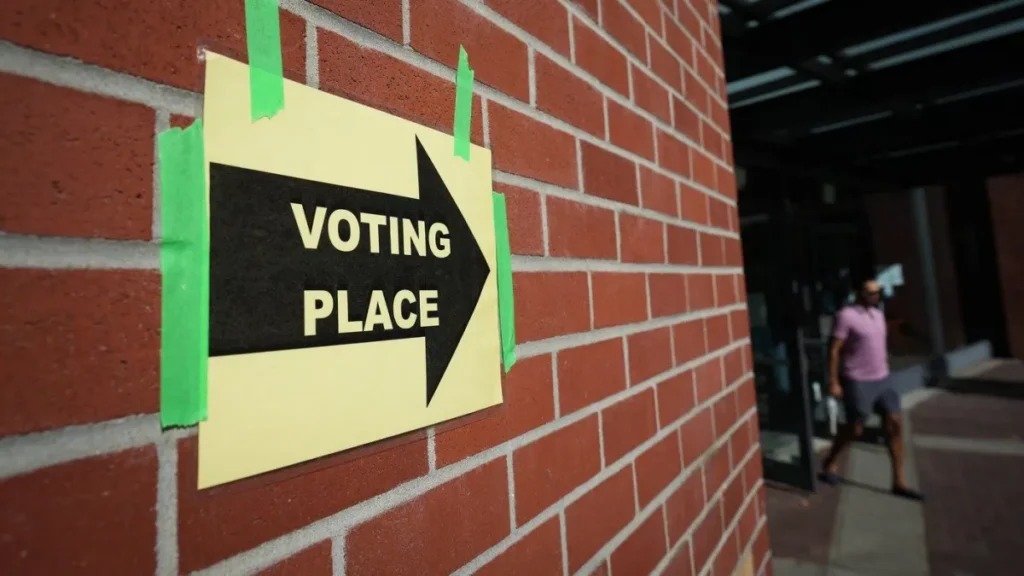The United Kingdom has announced that 16-year-olds will be allowed to vote in the next general election scheduled for 2029. This move has started new talks in British Columbia about lowering Canada’s voting age as well.
Canada last changed its voting age in 1992, reducing it from 21 to 18, following a similar move by the U.K. Now, people are wondering if Canada will again follow the U.K.’s lead and allow younger voters to have a say.
In British Columbia, the idea of reducing the voting age to 16 is not new. Over the years, various efforts have been made to support this change. One of the main supporters has been former Green Party leader Andrew Weaver. During his time in office, he tried several times to pass a bill that would lower the voting age in the province.
In 2019, the City of Victoria, backed by the Union of B.C. Municipalities, also supported lowering the voting age for local elections. Their goal was to help younger people become more involved in the democratic process.
Michael Prince, a political expert from the University of Victoria, believes this is a conversation worth having. He says big questions like this are key to a strong democracy. He also sees this move as a possible way to bring more people back to the voting booths, especially younger citizens who often do not vote.
Since 2019, Elections B.C. has taken steps to engage 16 and 17-year-olds by allowing them to preregister as future voters. Although the legal voting age has not yet changed, the move by the U.K. has encouraged some in B.C. to keep pushing for the same.
Lucia Enrichdavis, a young member of the B.C. Youth Parliament from Nanaimo/Gabriola, believes allowing 16-year-olds to vote would give hope and a sense of action to many young people. She says being part of the voting process helps youth feel they can make a real difference.
While the debate continues, there are still many ways young people in British Columbia can get involved in politics. Prince notes that voting is not the only method to participate in democracy. He points out that activities like school mock elections, youth-led rallies, and programs like the B.C. Youth Parliament all help young people understand how government works.
Around the world, several countries have already lowered their voting age to 16. These include Austria, Brazil, Cuba, and Argentina. In the U.K., Scotland and Wales had already allowed 16-year-olds to vote in local council and regional parliament elections. Now, with the full country planning to implement this change by 2029, there is hope that other nations, including Canada, may follow.
The discussion in British Columbia remains active. Supporters argue that younger voters are more informed today than ever before. With access to technology, news, and education, many 16-year-olds understand political issues and are ready to vote.
Whether Canada will change its laws remains uncertain. But the move in the U.K. has clearly reopened the debate, and the idea of a 16-year-old voting age is once again on the table in British Columbia.

